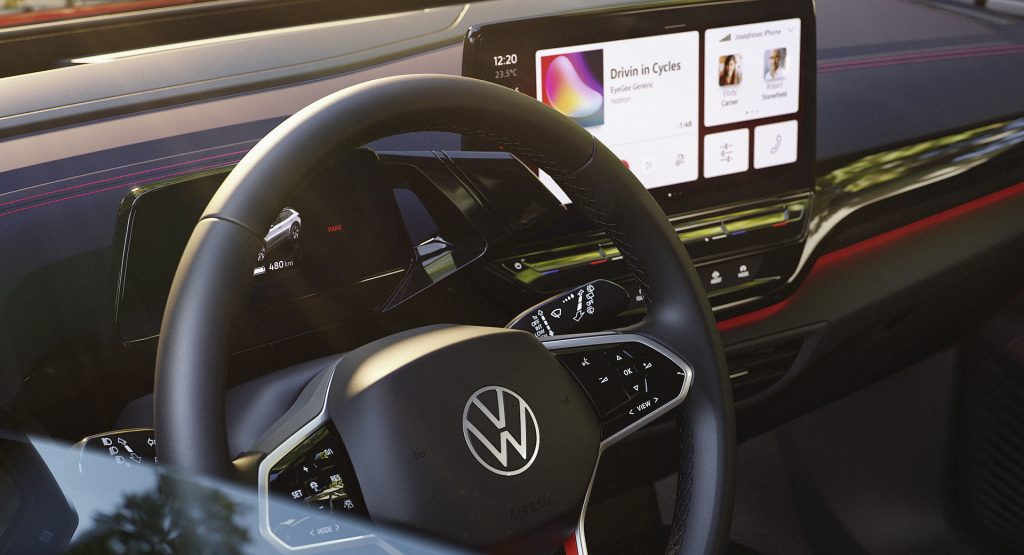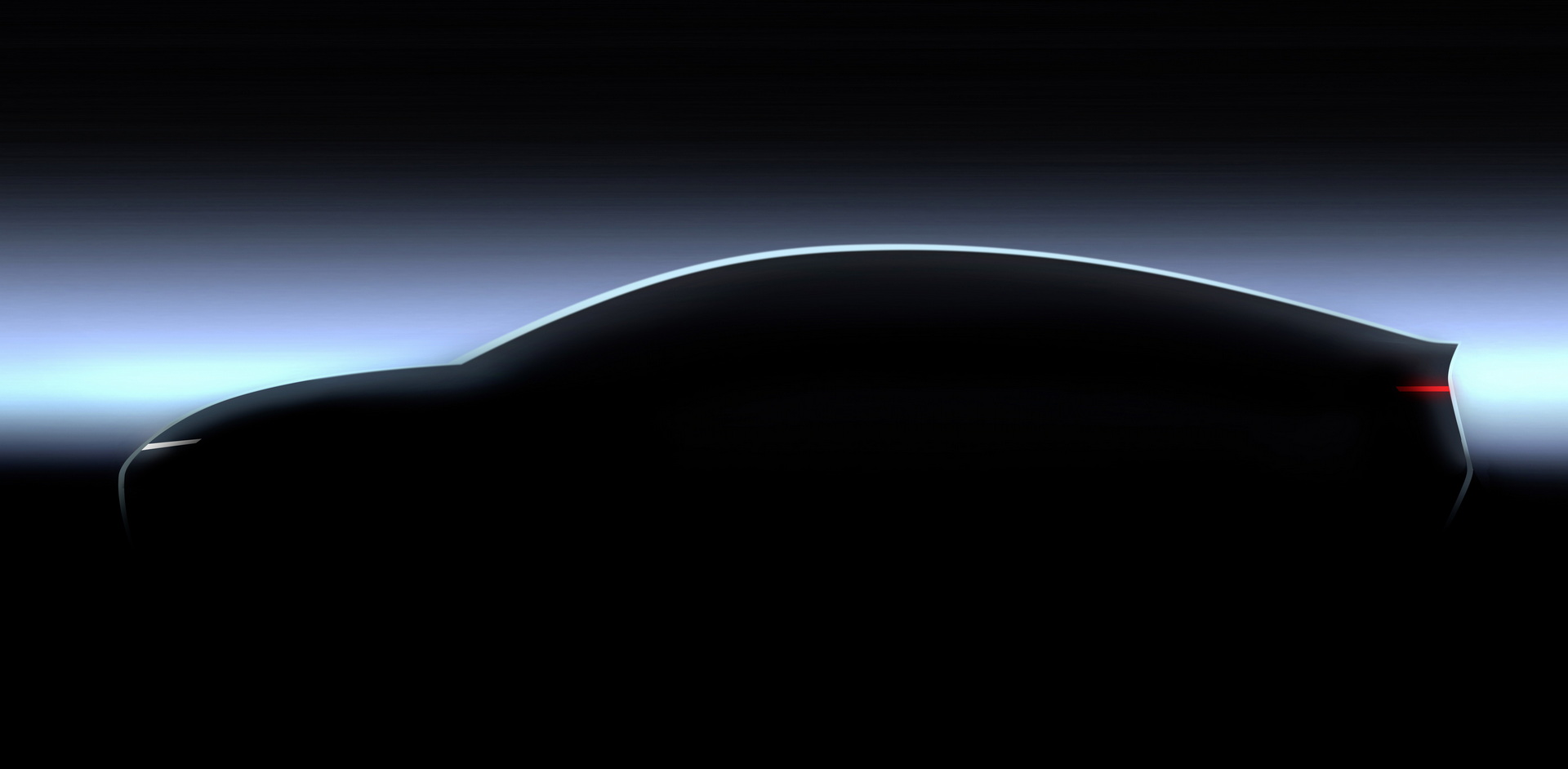Volkswagen says that it is realigning its Technical Development division at its home base in Wolfsburg, Germany. The department will focus increasingly on vehicles’ high-tech parts and will grow in the coming years.
The automaker, among the world’s largest, is interested in allowing its vehicles to fit into an owner’s digital ecosystem seamlessly. By realigning the Technical Development division, its largest engineering unit, it hopes to focus those 11,500 employees on its “transformation into a technology company.”
“If the car is increasingly becoming an electrically driven software product, then its development must also evolve in all dimensions,” said Thomas Ulbrich, VW’s head of technical development. “We are making TD more connected and more efficient by focusing our processes and organization on systems and functions rather than on components. Software first, rather than hardware first.”
Read Also: Volkswagen Drops New Teaser Of Project Trinity Electric Flagship
That will mean investing in a new €800 million ($873 million) tech campus over the next five years. The development center will raise the bar for vehicle development and will house more than 4,000 employees, the company says. It will act as an umbrella for design, conceptualization, UX, product strategy, model series, technical project management, and more.
The employees that make VW’s transformation possible will, in part, be sourced from the pool of people who already work for it. By 2030, it hopes to have up-skilled 6,000-8,000 workers while having completely retrained a further 4,000 for work in this new wing.
These investments will be important for the development of its new vehicle platform, known as Project Trinity. The fully-connected, all-electric vehicle platform will be deployed for the first time in 2026 and will eventually form the basis for all Volkswagen Group vehicles, as well as some vehicles for third-party clients.
This investment in the Technical Development division will allow VW not only to create the platform but continue upgrading it through the years and develop new vehicles on it.
“This will enable us to cut development times by 25 percent – in the future, vehicle projects will be completed in 40 months from the point at which the basic software architecture is in place, instead of 54 months as before,” said Ulbrich. “In this way, we are highlighting that TD is ratcheting up the pace of transforming Volkswagen into a tech company.”
Taken together, the realignment of the Technical Development division and the platform it generates will help VW achieve its goal of being completely carbon-neutral by 2050.






